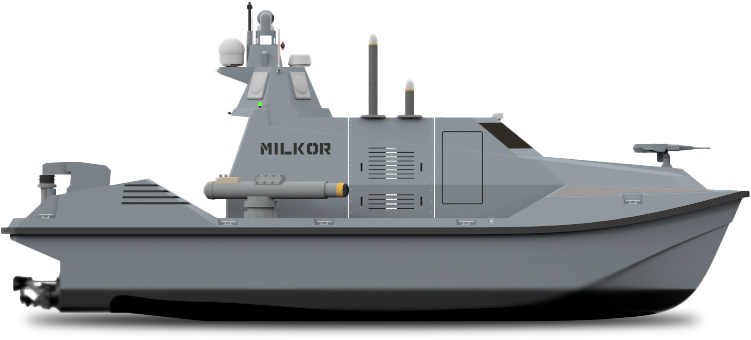Marine communication systems stand as the vital lifelines connecting vessels with the shore, other vessels, and maritime authorities. In the vast expanse of the open sea, effective communication plays a crucial role in ensuring the safety, navigation, and overall success of maritime operations. Here, we explore the multifaceted importance of marine communication systems in UAE.
Safety at sea:
The foremost importance of marine communication systems lies in ensuring the safety of vessels and their crews. In emergency situations, rapid and accurate communication is crucial for summoning assistance, coordinating rescue operations, and conveying critical information. Whether it’s a distress call, medical emergency, or adverse weather conditions, reliable communication systems are indispensable for swift response and resolution.
Navigation and route planning:
Efficient navigation is contingent upon real-time information exchange. Marine communication systems facilitate the transmission of navigational data, weather updates, and route plans between vessels and maritime authorities. This real-time exchange enhances situational awareness, allowing for timely adjustments to routes, avoiding hazards, and ensuring vessels follow safe passages.
Collision avoidance and traffic management:
In busy maritime zones, effective communication is essential for collision avoidance and traffic management. Vessels communicate their positions, intentions, and maneuvers to prevent collisions and ensure the orderly flow of maritime traffic. Automated Identification System (AIS) and Vessel Traffic Service (VTS) are examples of communication systems that contribute to safe and efficient traffic management.
Search and rescue operations:
In instances of distress, search and rescue operations heavily rely on communication systems. Distress signals, location information, and coordination between vessels and rescue teams are facilitated through these systems. Timely and accurate communication enhances the effectiveness of search and rescue missions, increasing the chances of successful outcomes.
Operational efficiency and coordination:
Smooth maritime operations demand smooth coordination among vessels, ports, and authorities. Marine communication systems enable effective communication of operational information, such as berthing schedules, cargo handling details, and port conditions. This ensures that vessels can dock, load, and unload efficiently, contributing to overall operational effectiveness.
Weather monitoring and forecasting:
Weather conditions pose a constant challenge at sea. Marine communication systems relay weather updates, forecasts, and warnings to vessels, allowing them to make informed decisions about route planning and navigation. This proactive approach helps mitigate the impact of adverse weather, safeguarding both crew and cargo.
